Daniela Zetti, are you surprised at the fierce opposition to 5G in Switzerland?
No, not at all. I am more surprised at how long it took for people to voice their dissent. Switzerland’s digital mobile network was set up in 1993. Technology has a very important place in the national psyche. Take feats of civil engineering such as the Gotthard Tunnel or the Verzasca Dam, These man-made technological achievements have become unique natural landmarks that people want to visit. And it is precisely because of Switzerland’s wealth of technology and technological infrastructure that such matters have always been the subject of intense debate and even controversy. This has always been an integral part of our Swiss DNA.
Does 5G have any parallels to previous technology- related controversies in Switzerland?
Trifling in comparison but a great analogy: the short-wave radio transmitter near the Bernese village of Schwarzenburg, which the old Postal, Telegraph and Telephone (PTT) service began operating in 1939. Swiss Radio International used the transmitter to broadcast to the world, but the local population started to object. You could hear music through the drain pipes, and there was a permanent hum in the air. People reported health complications. Here we have another reason why opposition can arise in a high-tech country like Switzerland. When technology becomes a living, breathing, visible part of the landscape, the background ‘noise’ can have a negative effect on our bodies.
Opponents of 5G have also cited health concerns.
This is true. But whereas the PTT monopoly wielded enough natural authority to insist that the Schwarzenburg transmitter was vital for Switzerland, the mobile phone operators of today’s deregulated market are under more pressure to justify themselves. They are also in competition with each other. You could earn a lot of money in the 1990s by harnessing the latest telecommunication infrastructure. Those days are gone.
For their part, proponents of 5G say that Switzerland needs the technology to avoid falling behind.
This argument has followed digitalisation around since the 1970s. Innovation is the constant buzzword used to paint over the impact on the world around us. In reality, lots of low-range antennas are necessary for blanket 5G coverage. Furthermore, what purpose will this wireless technology serve? Who will be able to access it? And who will benefit from it? I get the impression that 5G lacks a united front that can explain all the benefits to the Swiss people.
But most of us use smartphones and want good network coverage, don’t we?
We already have pretty good network coverage in Switzerland. Alternatively, we can highlight self-driving cars and other innovations as examples of how 5G will enhance our lives. Yet this vision of the future elicits fascination and fear in equal measure. It is also highly unlikely to inspire broad swathes of society.
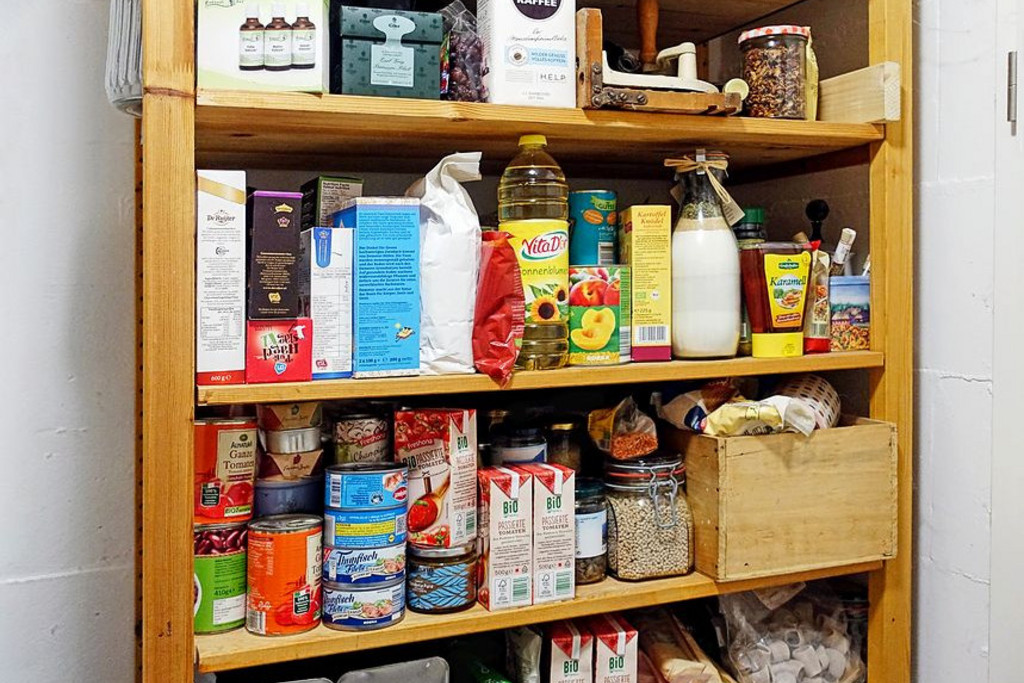
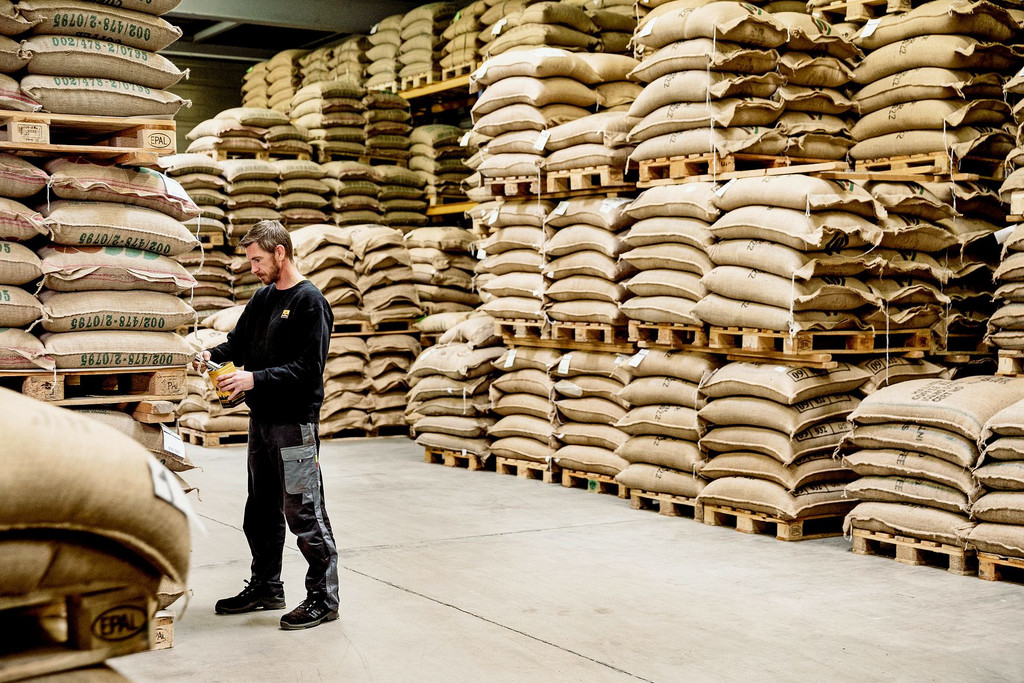
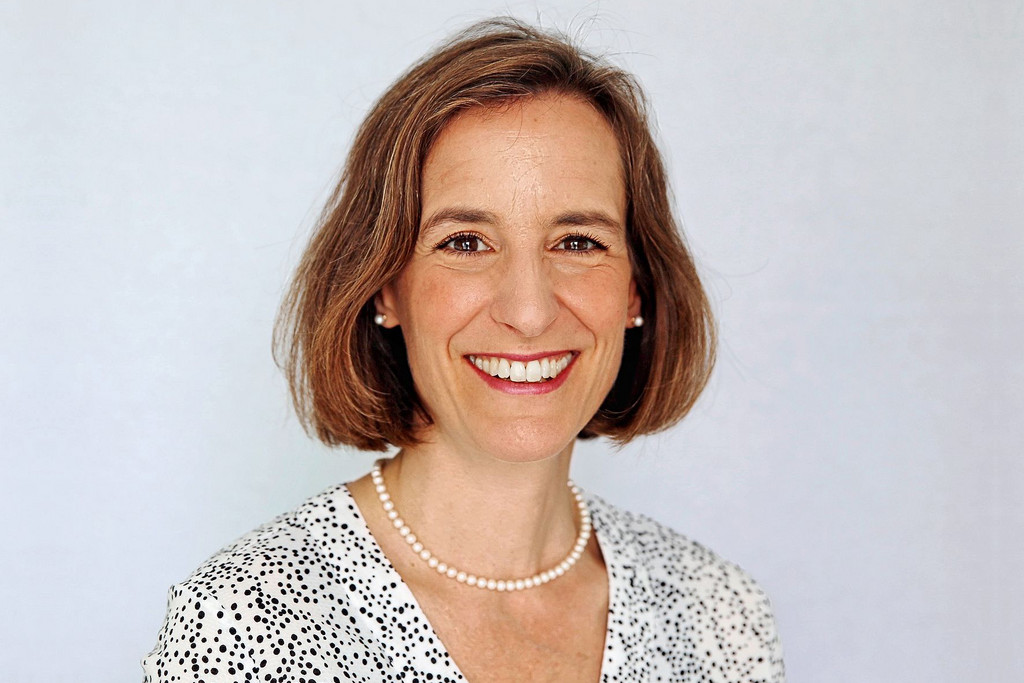

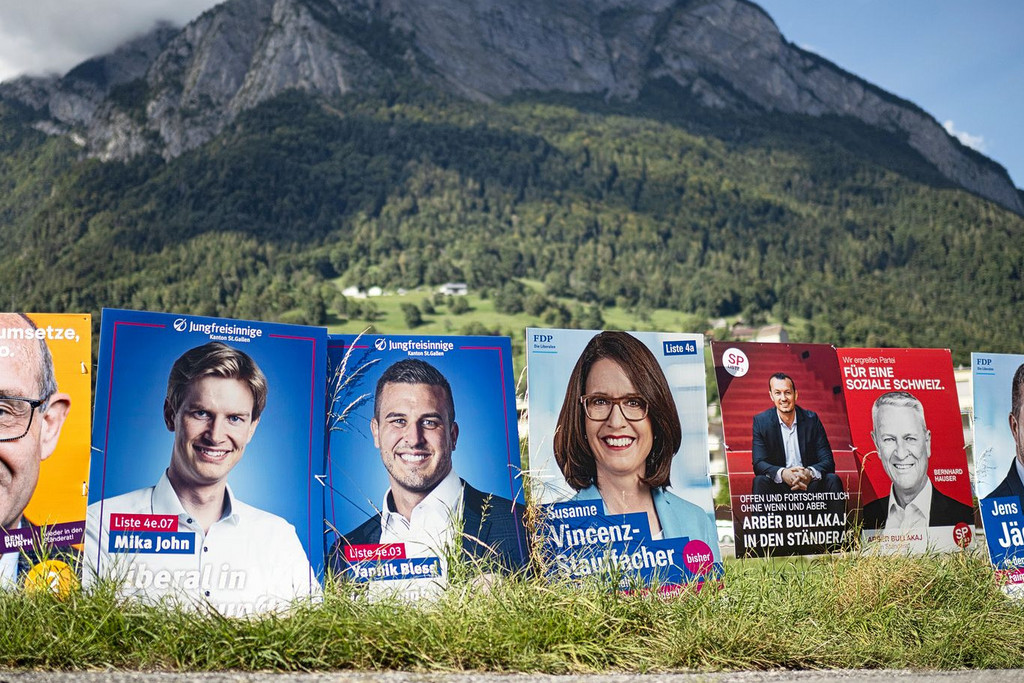
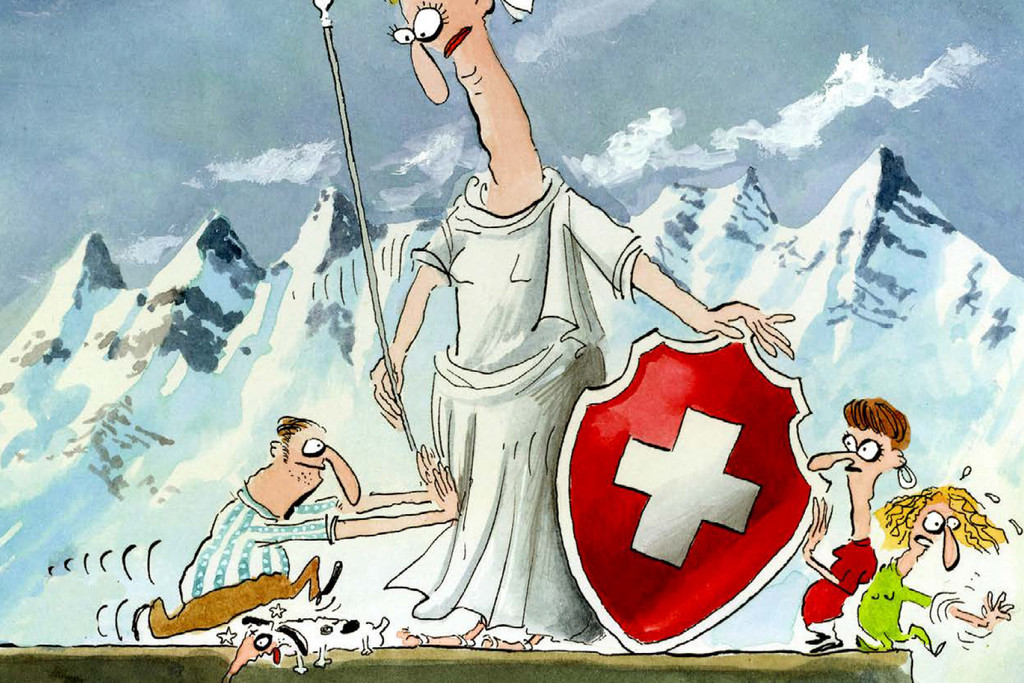
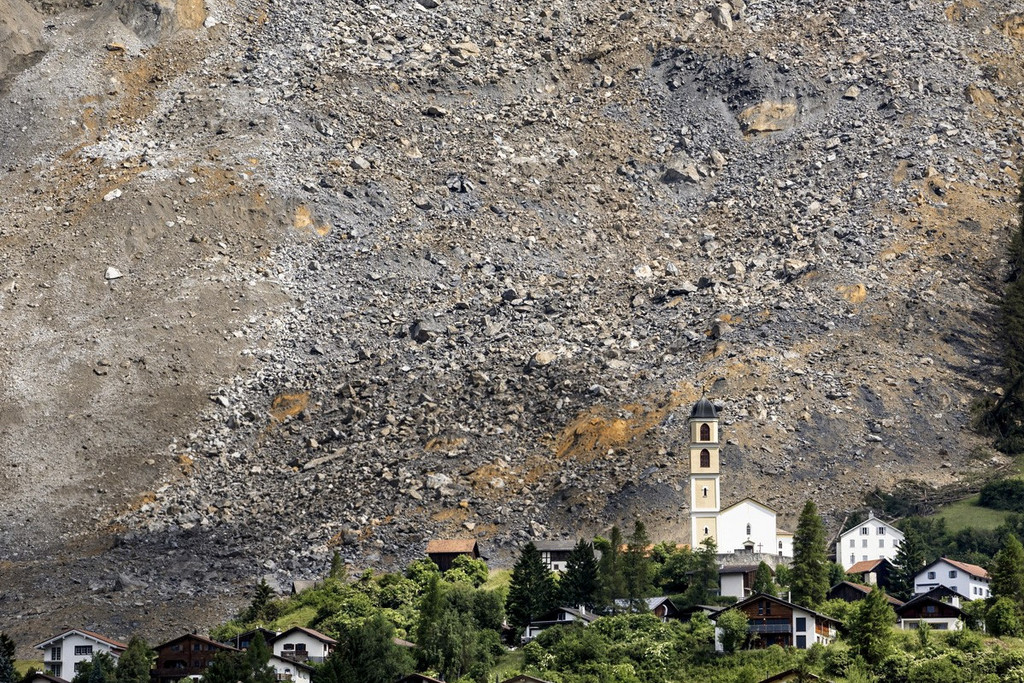



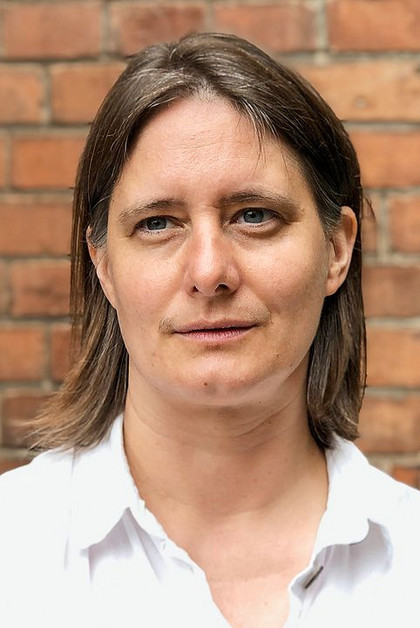
Comments
Comments :